On September 27, in Bac Lieu province, comrade Le Minh Khai, Secretary of the Party Central Committee, Deputy Prime Minister, Chairman of the Mekong Delta Coordination Council chaired the Mekong Delta Coordination Council Conference.
 |
| Comrade Le Minh Khai, Secretary of the Party Central Committee, Deputy Prime Minister, Chairman of the Mekong Delta Coordination Council chaired the Mekong Delta Coordination Council Conference. Photo: VGP/Tran Manh |
Deputy Prime Minister Le Minh Khai is Chairman of the Mekong Delta Coordination Council.
At the Conference, Comrade Cao Huy, Deputy Head of the Government Office, announced Decision No. 974/QD-TT dated August 19, 2023 establishing the Mekong Delta Coordination Council.
Accordingly, the Regional Coordination Council is an inter-sectoral coordination organization established by decision of the Prime Minister, performing the function of assisting the Prime Minister in researching, directing, and coordinating the resolution of important inter-sectoral tasks on regional connectivity and sustainable development of the Mekong Delta.
Deputy Prime Minister Le Minh Khai is Chairman of the Mekong Delta Coordination Council.
The Vice Chairmen of the Regional Coordination Council include: Minister of Planning and Investment (Permanent Vice Chairman); Minister of Natural Resources and Environment; Minister of Agriculture and Rural Development; Minister of Transport.
 |
Members of the Mekong Delta Coordination Council include: Deputy Ministers and equivalents of the Ministries and ministerial-level agencies: Planning and Investment, Finance, Industry and Trade, Construction, Science and Technology, Information and Communications, Health, Education and Training, Public Security, National Defense, Government Office.
Chairman of the People's Committees of provinces and centrally run cities: Can Tho, Long An, Tien Giang, Ben Tre, Tra Vinh, Vinh Long, Soc Trang, Hau Giang, An Giang, Dong Thap, Kien Giang, Bac Lieu and Ca Mau.
The Regional Coordination Council may establish sub-committees to act as focal points for coordination by sector, field or sub-region. The sub-committees shall be organized and operate on a part-time basis as determined by the Chairman of the Regional Coordination Council.
The staff and support apparatus of the Regional Coordination Council, ministries, People's Committees of provinces and centrally-run cities includes: Office of the Regional Coordination Council, Ministry-level Coordination Team, Provincial-level Coordination Team and Advisory Expert Team.
The Ministry of Planning and Investment is the standing agency of the Regional Coordination Council. The Ministry of Planning and Investment established the Office of the Regional Coordination Council.
The civil service staff of the Regional Coordination Council Office is part of the civil service staff of the Ministry of Planning and Investment and operates on a part-time basis.
 |
| Comrade Cao Huy, Deputy Head of the Government Office, the Deputy Head announced Decision No. 974/QD-TT dated August 19, 2023 establishing the Mekong Delta Coordination Council. Photo: VGP/Tran Manh |
Mission of the Mekong Delta Coordinating Council
The Regional Coordination Council is responsible for coordinating activities in establishing, adjusting and organizing the implementation of the National Plan within the relevant scope, the Mekong Delta regional plan, and the planning of provinces and cities in the Mekong Delta region for the period 2021-2030, with a vision to 2050.
In addition, research and propose institutions, mechanisms and policies for the development of the Mekong Delta, promote regional and sub-regional linkages to ensure that regulations, mechanisms and policies for regional and sub-regional linkages are implemented synchronously, consistently, effectively, and with discipline.
Coordinate activities to synchronously develop the socio-economic infrastructure system, prioritizing the transport infrastructure system. Research and propose the establishment of a regional infrastructure development fund.
Guide and support localities in the region to resolve inter-provincial and municipal issues beyond the authority of each locality in the region.
Coordinate with Ho Chi Minh City and other regions in socio-economic development cooperation of inter-regional nature.
Coordinate activities to link production, processing and consumption of products according to the value chain for agricultural products; focus on building brands for key products with strengths of the Region including: Rice, fruits and seafood.
Coordinate irrigation system activities for irrigation; flood prevention; control of saltwater intrusion; management, exploitation, use and protection of water resources; improve efficiency of water use for daily life, agricultural production and aquaculture in the dry season; build and upgrade sea dyke systems, embankments, sluices, dams, mangrove belts and environmental protection projects to adapt to climate change.
Promote and support the formation and development of Business Associations and Industry Associations, Alliance Associations, and Cooperative Unions in the entire region.
Decide on the use of financial resources and other resources assigned to perform the functions, tasks and powers of the Regional Council.
 |
| Chairman of Bac Lieu Provincial People's Committee Pham Van Thieu speaks at the conference. Photo: VGP/Tran Manh |
The Mekong Delta has a particularly important strategic position.
Next, Deputy Minister of Planning and Investment Tran Duy Dong presented a report on some contents related to the development of the Mekong Delta region.
The report emphasized that the Mekong Delta has a particularly important strategic position in terms of economy, culture, society, environment, national defense, security and foreign affairs of the whole country; it is the southernmost region of the Fatherland, a bridge connecting our country with countries in the ASEAN region, especially countries in the Mekong Sub-region.
This is also the country's key agricultural region with many key products, especially rice, shrimp, tra fish, and fruit, playing a major role in ecological environment, water security, and food security for the whole country.
In the recent period, the economic structure of localities in the region has shifted positively, many key industrial projects on energy have come into operation. The national program on new rural construction has achieved many important results. Economic and social infrastructure has been invested with many resources, contributing to changing the appearance of the region. Many forms of regional association and cooperation have been formed.
In addition, the management and exploitation of resources, especially water resources, and environmental protection are focused on; more proactive adaptation to climate change. There are many advances in culture and society, the quality of education and training and basic health care expenditures are improved.
 |
| Strengthening coordination and linkage activities to create momentum for development in the Mekong Delta region. Photo: VGP/Tran Manh |
Strengthening coordination and linkage activities, creating momentum for development in the Mekong Delta region
However, the Mekong Delta still faces difficulties and challenges, has not fully exploited its potential and strengths, and its contribution to the overall results of the country is still limited, such as: small economic scale, accounting for only about 12% of the country's GDP, unsustainable economic growth, and low quality.
Infrastructure is not yet synchronous, lacking and weak, not meeting development requirements, including intra-regional traffic connections and with the Southeast region and Ho Chi Minh City; processing industry is not yet developed; agriculture has not yet formed large-scale specialized areas, value chains, highly efficient, ecological, and organic agricultural products to focus on export.
Environmental pollution and water pollution tend to increase, especially in urban areas. Cultural and social development still has many shortcomings, low human resources do not meet development needs. There is a gap in the level of development between localities in the region.
 |
| Long An Provincial Party Secretary Nguyen Van Duoc delivers a speech. Photo: VGP/Tran Manh |
These are issues that are difficult to handle or difficult to handle effectively by individual efforts of each locality in the Mekong Delta. Therefore, in recent times, the Party and the State have issued many policies and guidelines to promote potential and advantages, especially to strengthen regional coordination and linkage activities, creating momentum for regional development.
At the conference, leaders of localities in the region (Bac Lieu, Tien Giang, Tra Vinh, Hau Giang, etc.) discussed and clarified the functions and tasks of the Regional Council and related agencies and units; tasks and solutions that need to be focused on; and proposed a number of major recommendations on specific mechanisms and policies; developing inter-regional infrastructure, human resources, etc. to promote the strengths of each locality, promote regional linkages, work together to develop the socio-economy of the Mekong Delta quickly and sustainably, and improve people's lives.
According to baochinhphu.vn
.
Source


![[Photo] Prime Minister Pham Minh Chinh chairs a special Government meeting on the arrangement of administrative units at all levels.](https://vphoto.vietnam.vn/thumb/1200x675/vietnam/resource/IMAGE/2025/5/9/6a22e6a997424870abfb39817bb9bb6c)
![[Photo] Russian military power on display at parade celebrating 80 years of victory over fascism](https://vphoto.vietnam.vn/thumb/1200x675/vietnam/resource/IMAGE/2025/5/9/ce054c3a71b74b1da3be310973aebcfd)
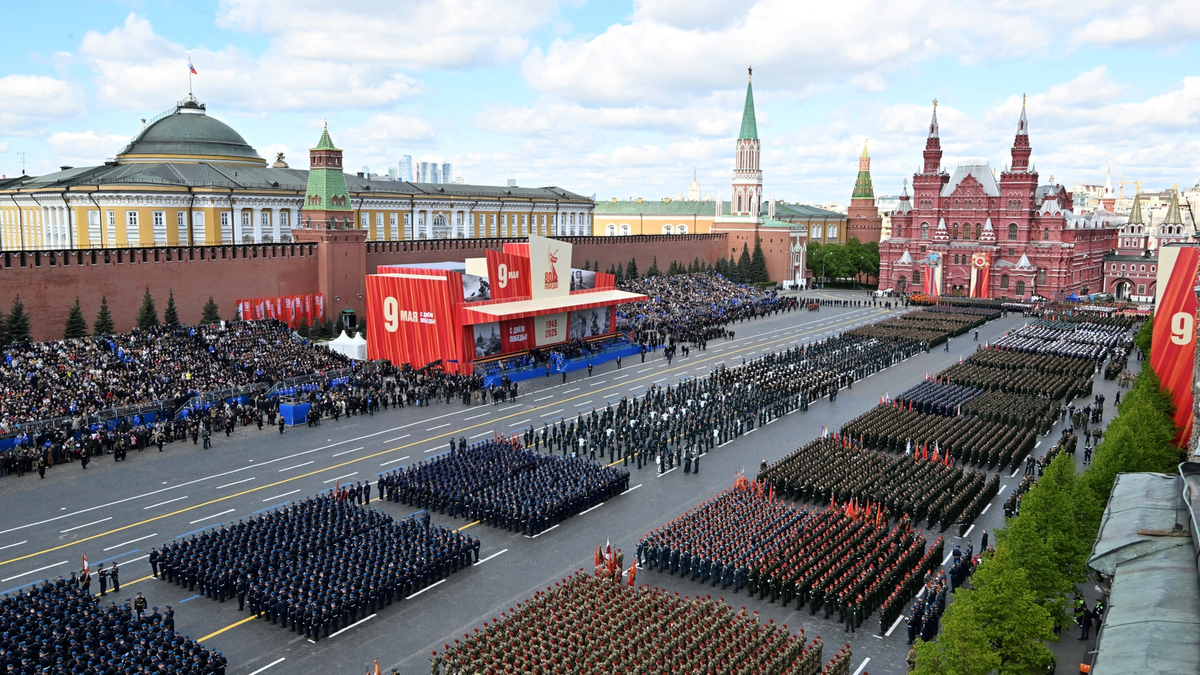
![[Photo] General Secretary To Lam and international leaders attend the parade celebrating the 80th anniversary of the victory over fascism in Russia](https://vphoto.vietnam.vn/thumb/1200x675/vietnam/resource/IMAGE/2025/5/9/4ec77ed7629a45c79d6e8aa952f20dd3)
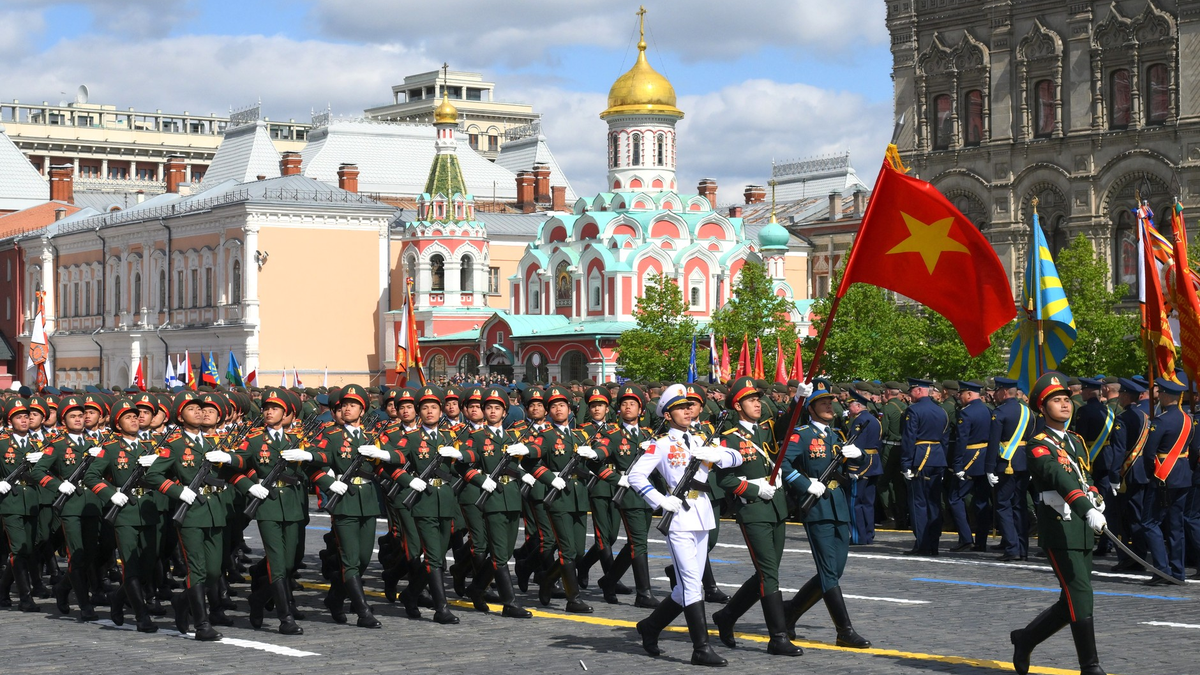



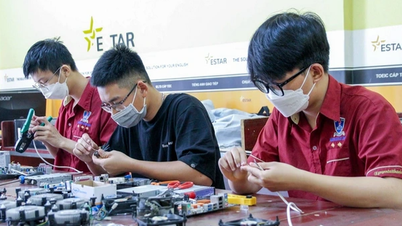

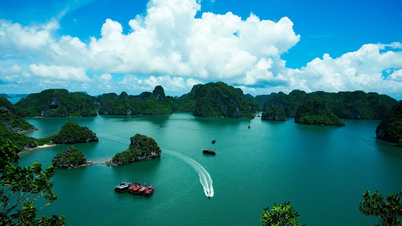







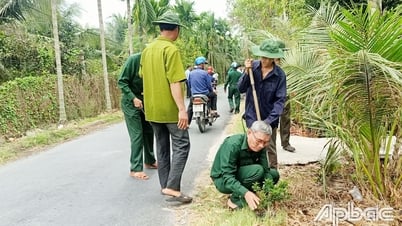
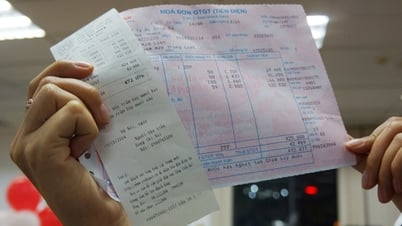
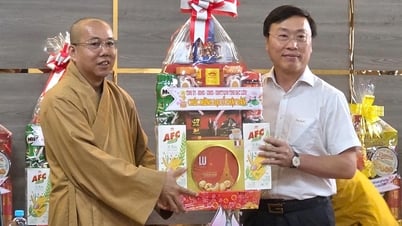
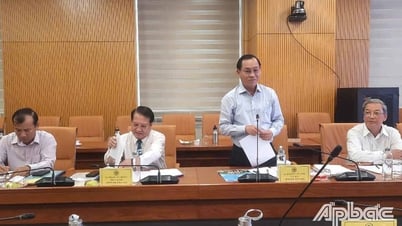







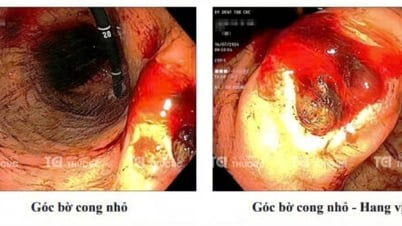
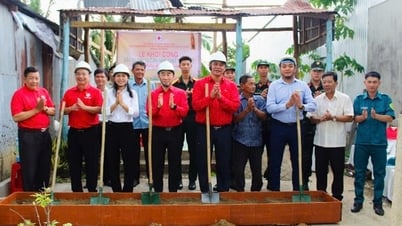
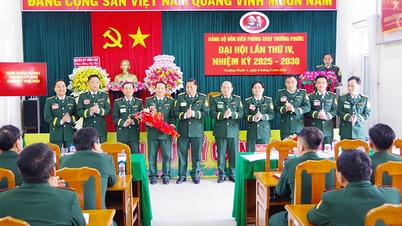
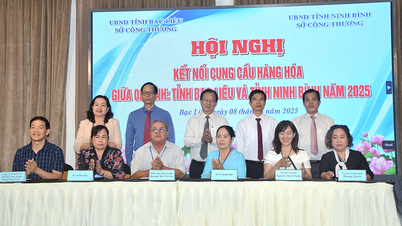
![[Photo] Magical moment of double five-colored clouds on Ba Den mountain on the day of the Buddha's relic procession](https://vphoto.vietnam.vn/thumb/1200x675/vietnam/resource/IMAGE/2025/5/9/7a710556965c413397f9e38ac9708d2f)













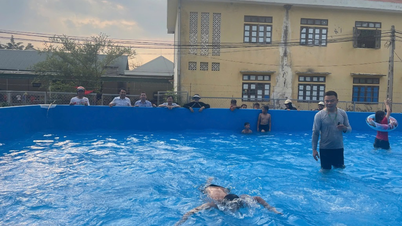












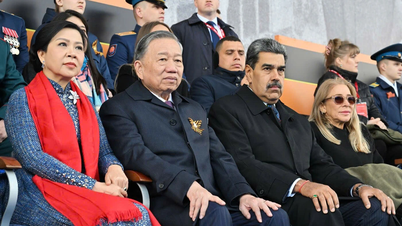






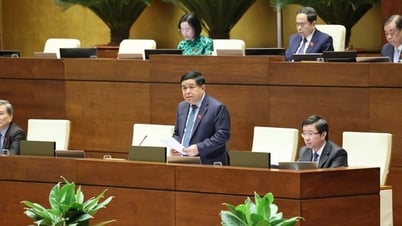

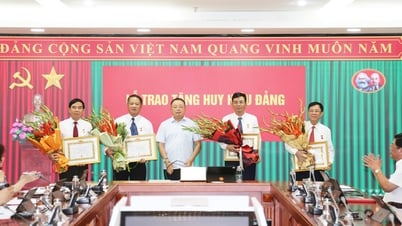

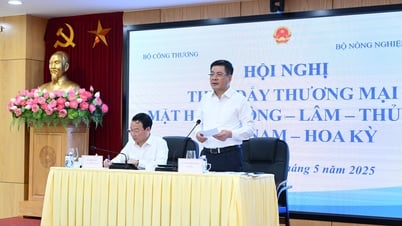


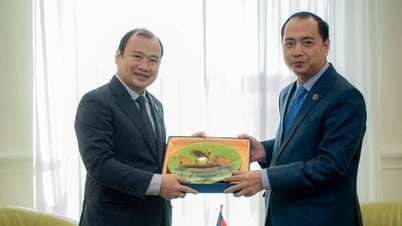





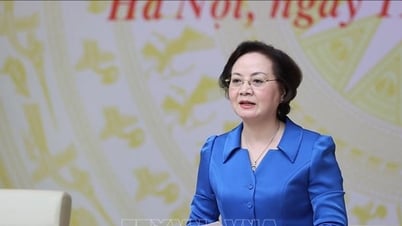
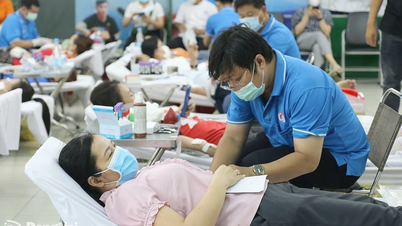

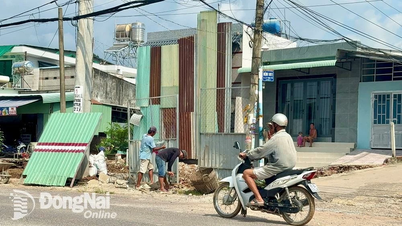










Comment (0)